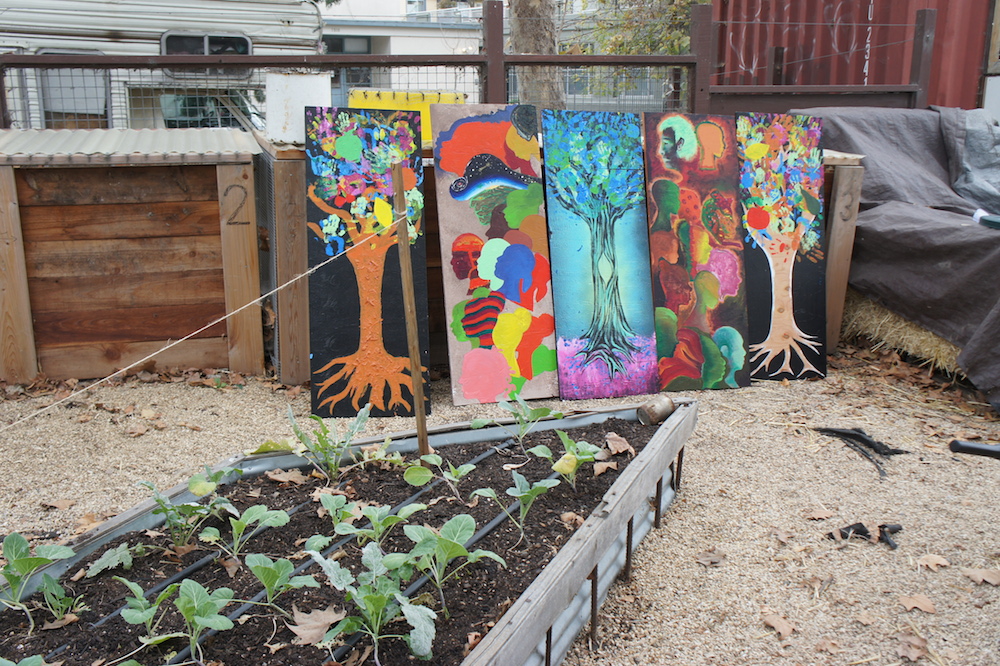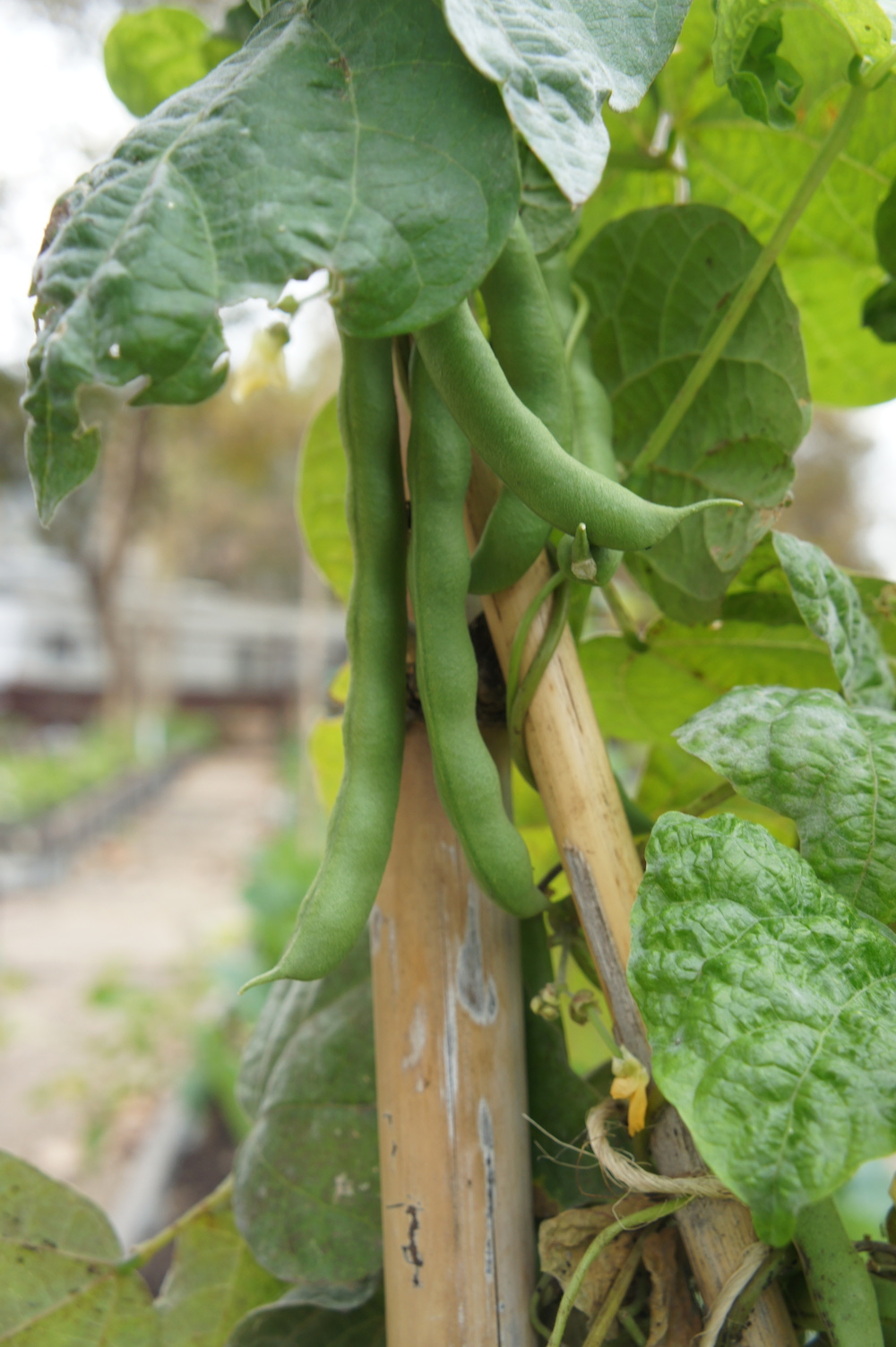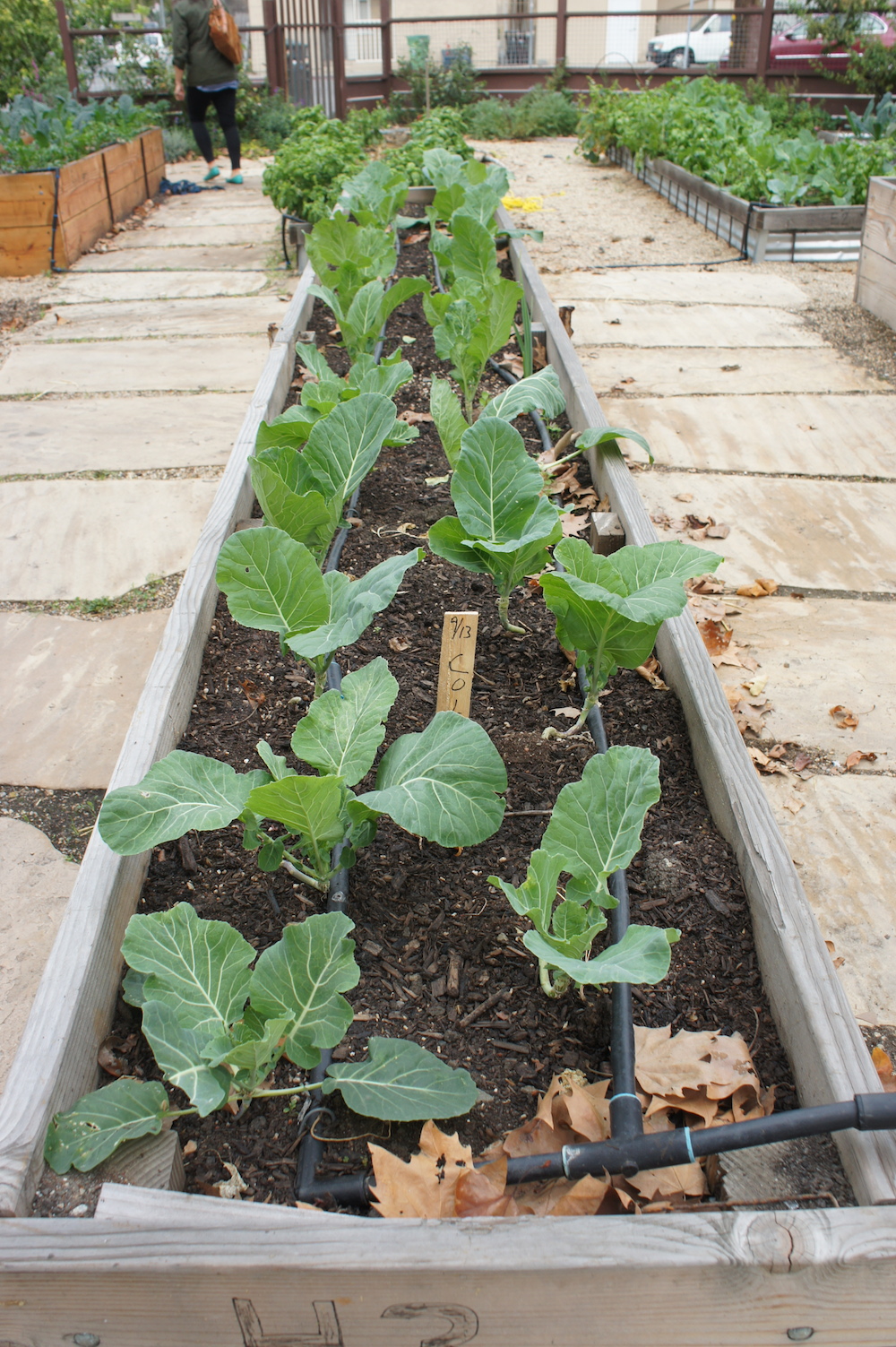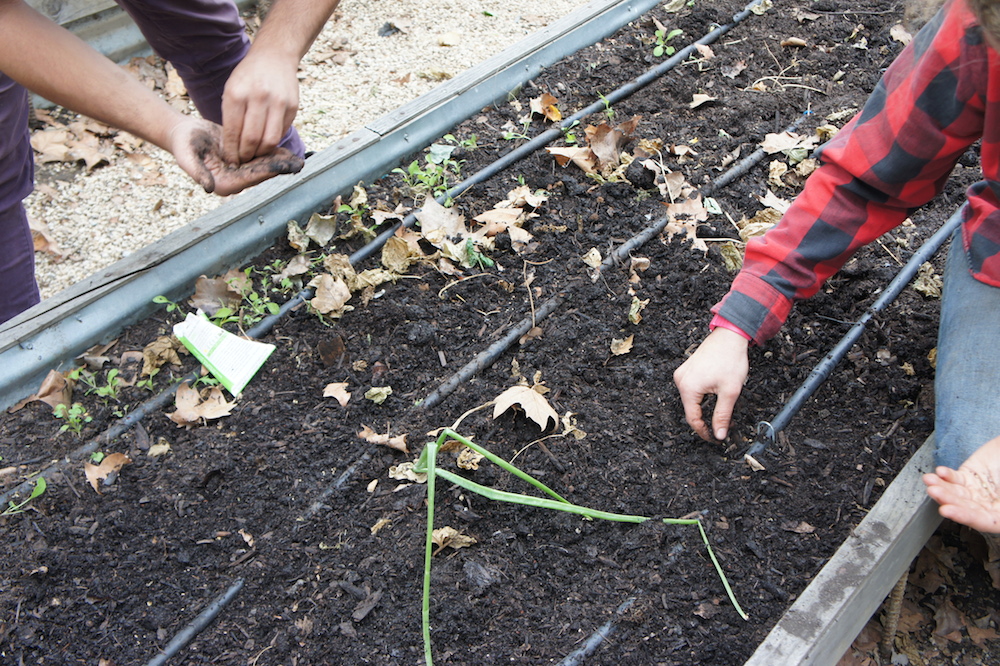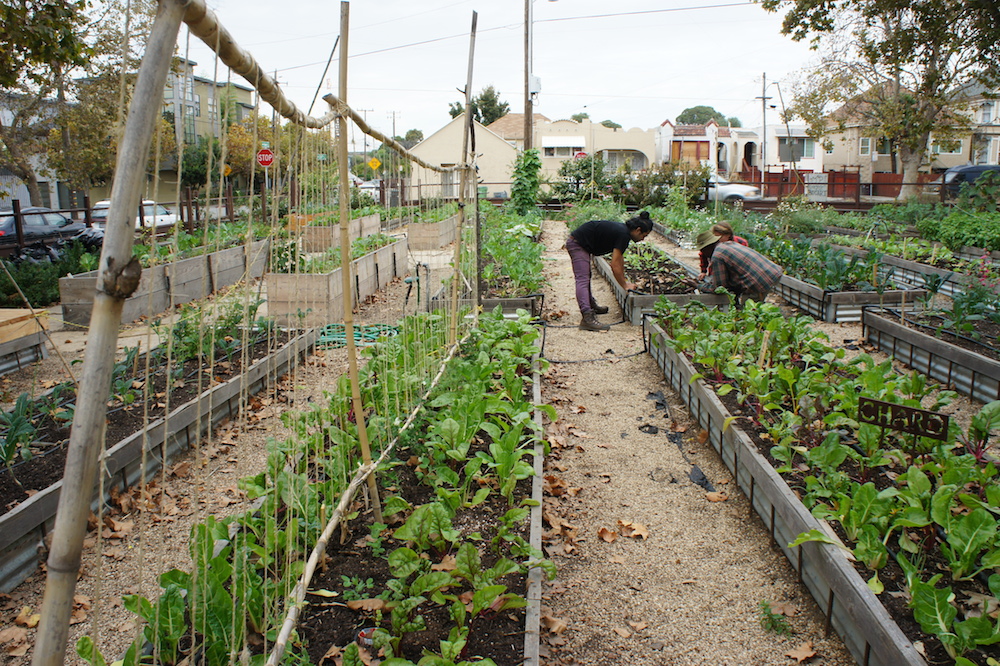
It’s a foggy fall day at West Oakland’s City Slicker Farms in Union Plaza Park, but by looking at the lush and green garden boxes full of basil, Swiss chard, and collard greens it’s hard to believe the growing season is almost over. While volunteers are planting root vegetables for the winter and picking the last of the green tomatoes, some food policy advocates are trying to harvest change in Oakland’s City Council.
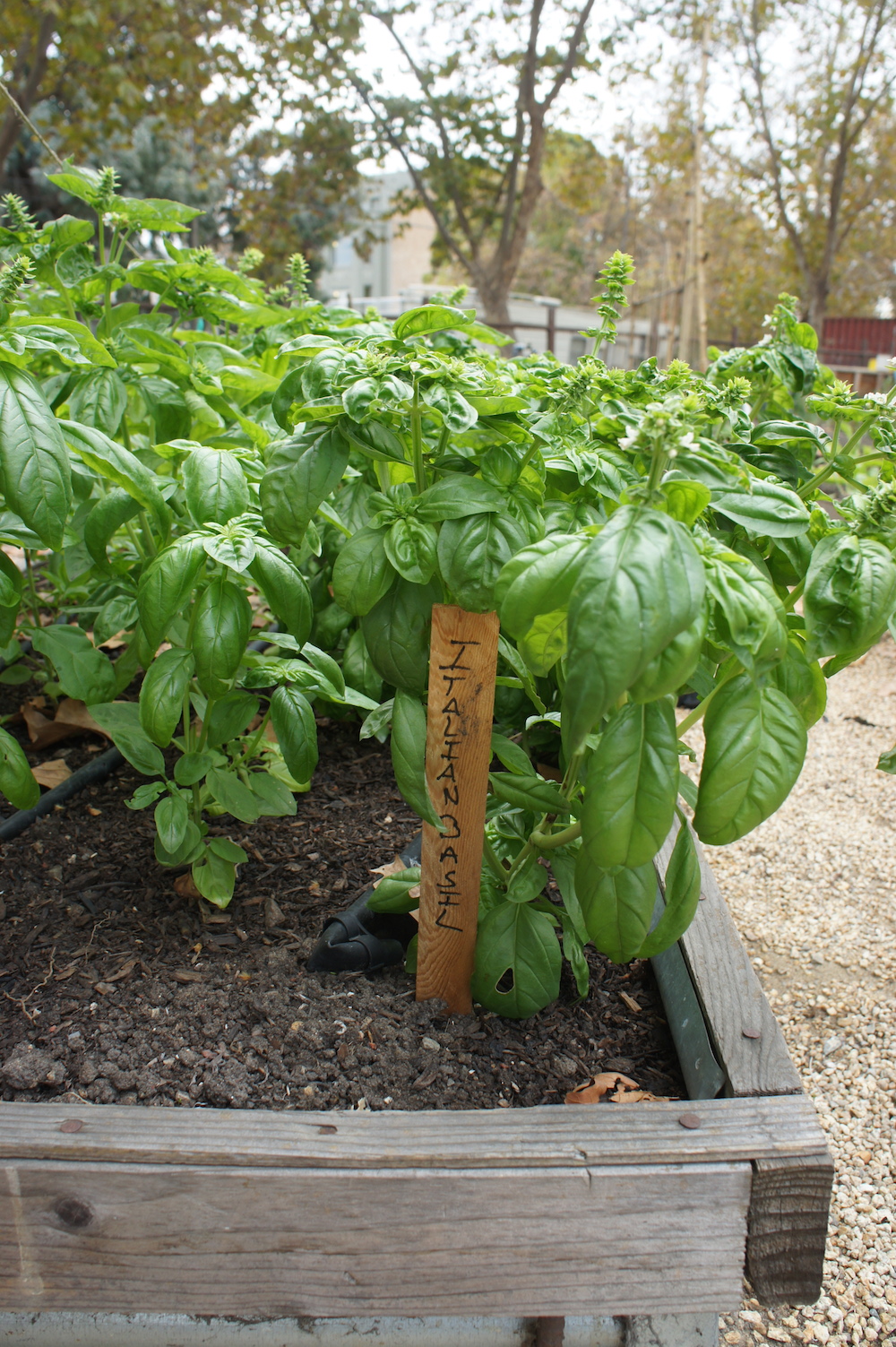
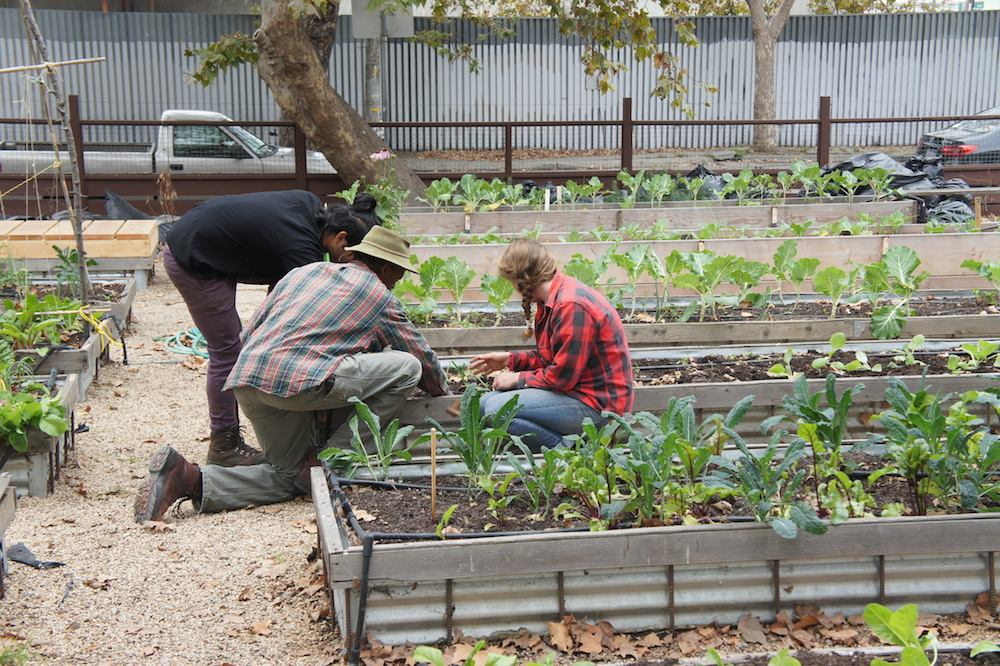
Last week, Oakland City Council first considered amendments to the city’s zoning policies that would make it easier and cheaper to start urban farms and gardens in Oakland. The first vote passed unanimously, and on November 18, there will be final vote for these changes at the council meeting. Food policy activists and urban farming supporters are confident this vote will also be successful.
With some exceptions, like farms that include chickens or other livestock, these new regulations would remove the expensive and burdensome permit process from community gardens and farms in Oakland. Previously it could cost up to $3,000 to apply for a Conditional Use Permit (CUP), a process that could take several months without the guarantee of approval. The proposed changes would designate agriculture activities like growing and selling fruits, vegetables, and herbs; and keeping up to three beehives, as a right. It would also change the definition of a community garden from land cultivated by “more than one” to “one or more” persons.
“If you're just starting a farm, or basically or really just interested in growing your own food, to have that barrier immediately of a permit is such a stopping point,” says Ariel Dekovic, the interim executive director of City Slicker Farms. “ It really says as a city, ‘Oakland doesn't value people’s rights to grow their own food.’ So from our perspective and from our experience this is so important because it really just opens up that right.”
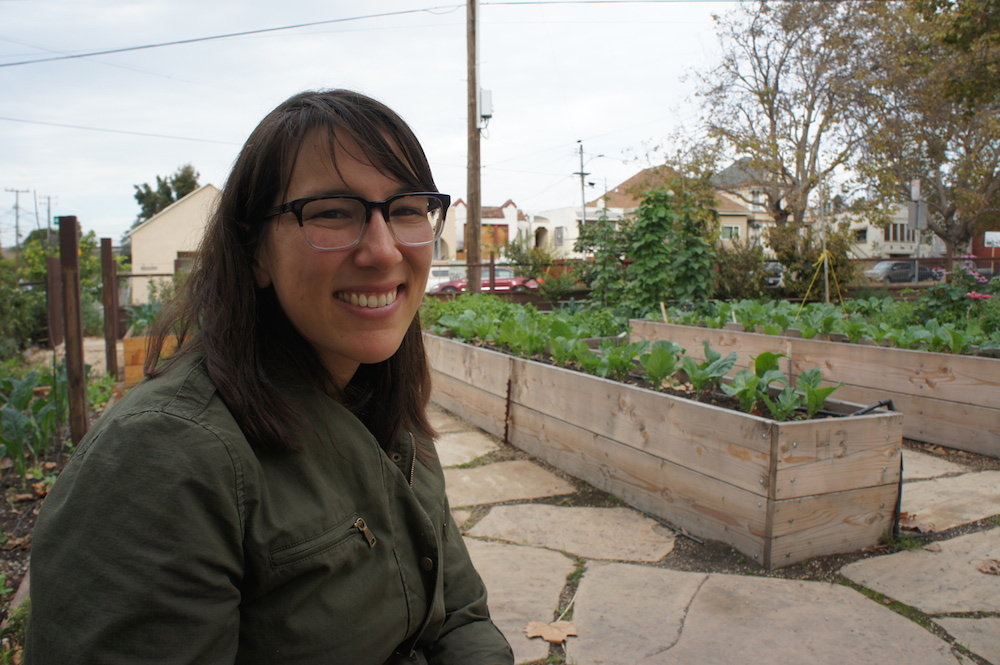
City Slicker Farms has been around since 2001 and already has CUPs for the 12 chickens they raise on site, but Dekovic says founder Willow Rosenthal probably faced barriers similar to the ones these new amendments are trying to get rid of.
“She saw the total lack of access to any kind of healthy fresh food in West Oakland. There just were no grocery stores, no place where you could get affordable healthy food easily,” Dekovic says. “That lack of access combined with a deep history in the neighborhood of residents who either had family members, family knowledge, or interest in growing their own food was the catalyst for City Slicker Farms.”
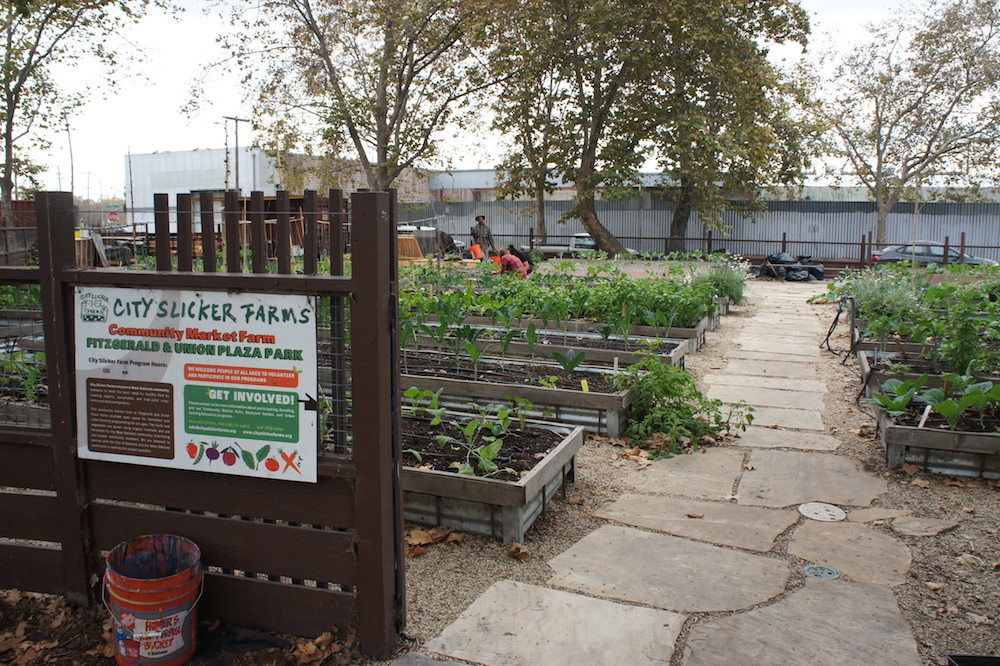
Aside from the community markets City Slicker Farms holds every Saturday, it still is very difficult to access fresh, healthy food in West Oakland. The nearest supermarket is the Pak N Save in Emeryville, and other local grocery stores can take a 45-minute bus ride to reach.
